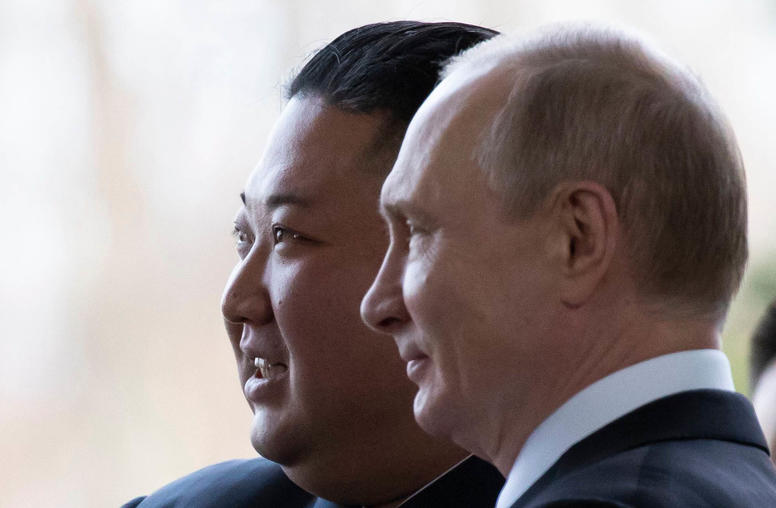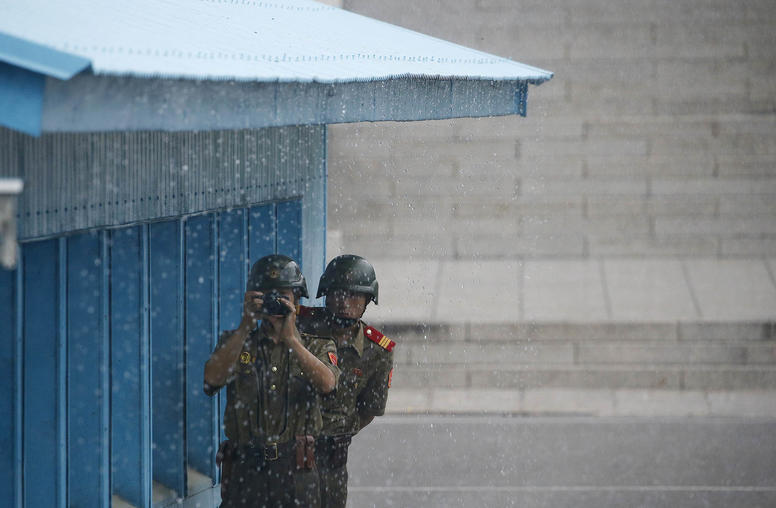A New Direction for U.S. Policy on North Korea
Peace and Security on the Korean Peninsula
Read the Event CoverageSince the February 2019 Hanoi Summit failed to reach an agreement, the United States and North Korea have been mired in a diplomatic stalemate with minimal negotiations. At the same time, Pyongyang has continued to advance its nuclear and ballistic missile programs while reversing many of the inter-Korean tension reduction measures achieved in 2018. The next U.S. administration, whether Republican or Democratic, will have the opportunity to break this deadlock with a North Korean regime that is increasingly confident in its nuclear capabilities but still insecure about its longevity.
The next U.S. administration will encounter a North Korean regime that has promised to demonstrate a “new strategic weapon” in its nuclear weapons program and vowed to withstand the international sanctions campaign. The policy approach taken by the next administration will help determine whether Pyongyang will cling to its nuclear weapons or if the two countries will set a new course for building peace and reducing tensions on the Korean Peninsula.
On September 9, USIP hosted a discussion with experts on what Washington has done right and wrong on North Korea and what new strategies and options the next administration should consider in dealing practically with North Korea to make real progress.
Join the conversation on Twitter with #NKPolicyOptions.
Speakers
Christine Ahn
Founder and Executive Director, Women Cross DMZ; Co-Founder, Korea Peace Network
Suzanne Dimaggio
Chair, Quincy Institute for Responsible Statecraft; Senior Fellow, Carnegie Endowment for International Peace
Markus Garlauskas
Nonresident Senior Fellow, Atlantic Council; Former National Intelligence Officer for North Korea, Office of the Director for National Intelligence
Van Jackson
Senior Lecturer in International Relations, Victoria University of Wellington; Former Senior Defense Strategist, U.S. Department of Defense
Ankit Panda
Stanton Senior Fellow, Nuclear Policy Program, Carnegie Endowment for International Peace
Frank Aum, moderator
Senior Expert, North Korea, U.S. Institute of Peace



